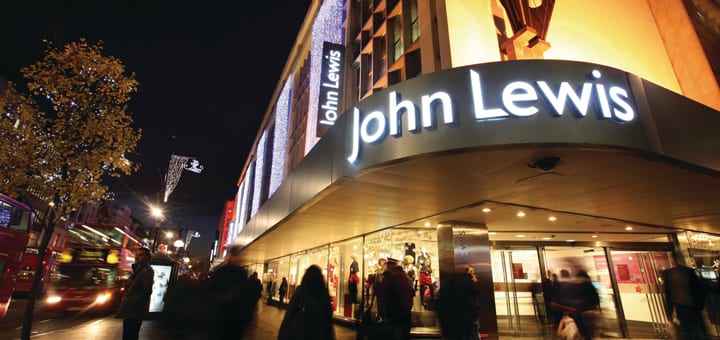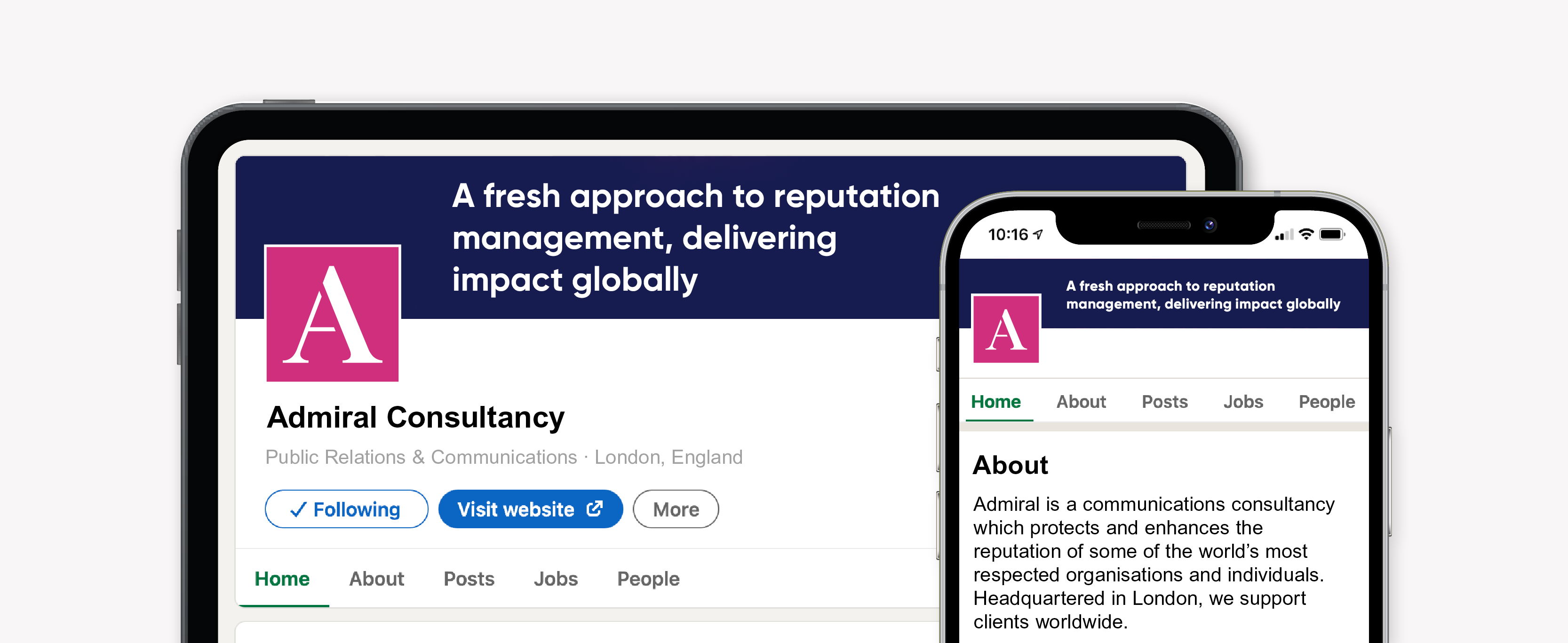
Poor old John Lewis: there is bad news for the company breaking in today’s online pages. The headlines do not focus on the company’s forty-three stores across Britain or its provision of goods and services to the population or employment for 38,100 people; nor even a hint of its multiple charitable foundations which give out thousands of donations a year to worthy causes. Forget the Royal Warrant, bestowed by Her Majesty the Queen in 2008 and the partnership’s eye-watering £3,330 million revenue. For today, media attention is exclusively focused on a £95 globe, stocked in its flagship Peter Jones store, which marks the Falkland Islands as the Islas Malvinas, the Argentinian name for the British territory.
‘I think it shows shocking ignorance about the courage and heroism involved in rescuing the islands from an illegal invasion,’ said veteran Simon Weston, ‘John Lewis ought to hang its head in shame at this appalling insult.’
A Falkland Island’s Government spokesman was also quoted, expressing his disappointment at the insensitive inaccuracy and the Daily Mail describes the ‘fury over ‘Malvinas’ globes on sale’. Yet with little more than a cursory examination, it appears that the error was found only on a particular batch of globes which differed from the sample that had been approved for production. As soon as the error was spotted, a new stock of globes was ordered. It is unfortunate for John Lewis that these islands in the South Atlantic marked the thirtieth anniversary of their liberation from occupation last summer, that inhabitants voted to stay British in a referendum in March and that the death of Margaret Thatcher renewed interest in the conflict. The topic was therefore deemed newsworthy by the news editors; a quick and easy decision for them but one that may have a long lasting effect on the John Lewis brand.
For a national institution like this, being called ‘unpatriotic’ is damaging and will have kick-started a crisis communications strategy set up specifically to minimise the impact. They only have to think back to Gerald Ratner’s use of the word ‘crap’ about his own products, Tesco’s casual interpretation of the term ‘beefburger’ or the effect of Starbucks’ tax evasion exploits. All had an effect on the companies involved but the crisis communication tactics were as different as the results: Ratner could not argue with what he had said and lost everything while Tesco published full page apologies in all national newspapers and Starbucks remained resolutely silent. Only time will tell what the long term implications will be for them.
Meanwhile, at John Lewis HQ no one could be expected to have anticipated this exact scenario but it is certain that a plan is in place for an unspecified eventuality that affects the reputation of the business. So far, a modest explanation of the error has been put forward, but, depending on the extent of the damage, it will be interesting to see what steps are taken next. If the reputational ripples spread no further, it would, however, be foolish to imagine that there has not been a huge amount of frantic activity behind the scenes. Sometimes the best result for a crisis communications consultant is that no news is good news.
